About TelescopicWatch.com
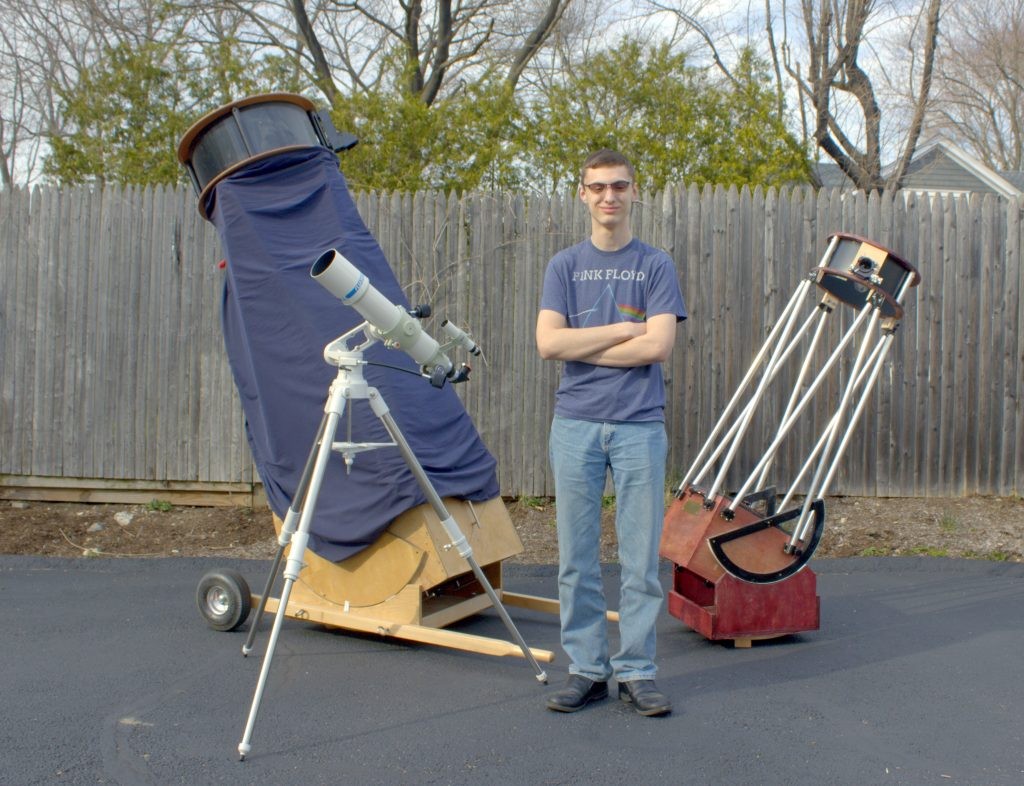
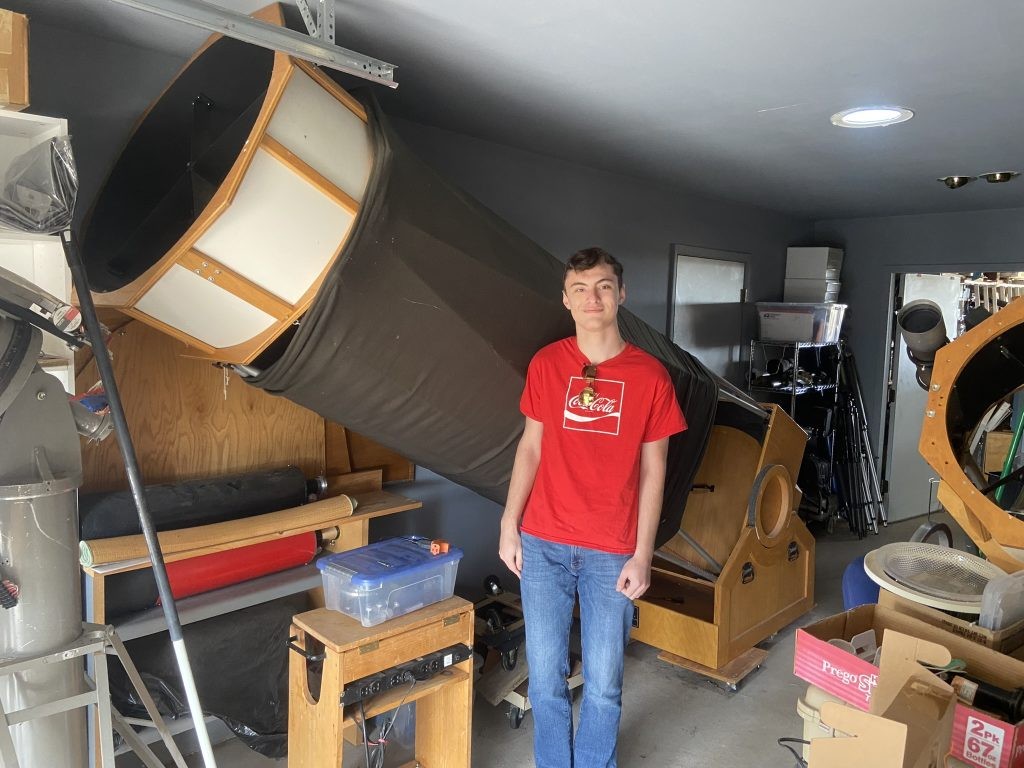
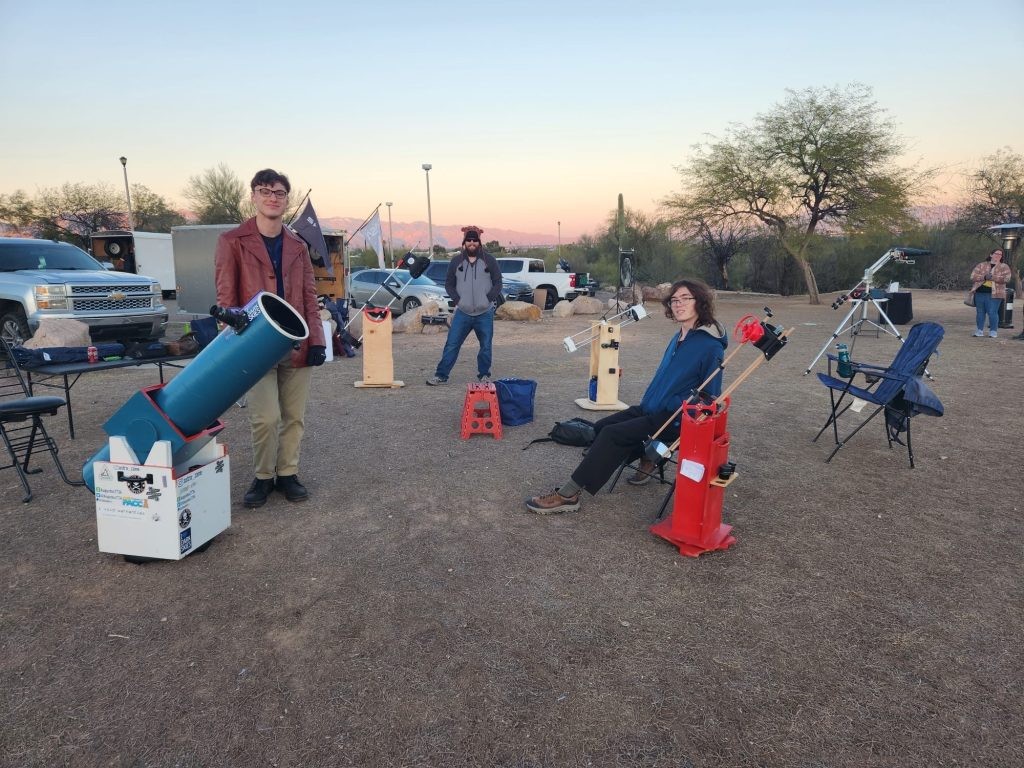
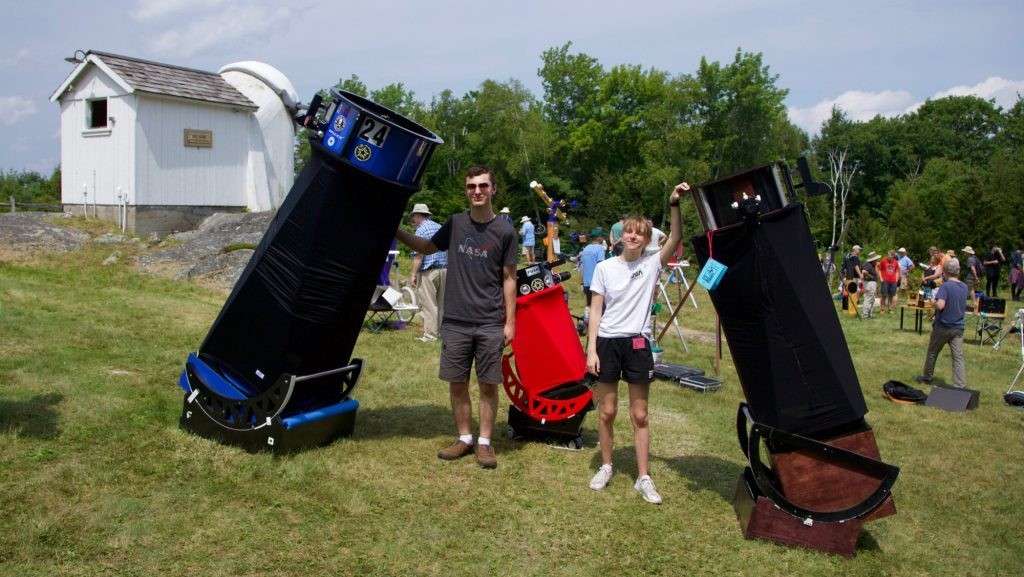
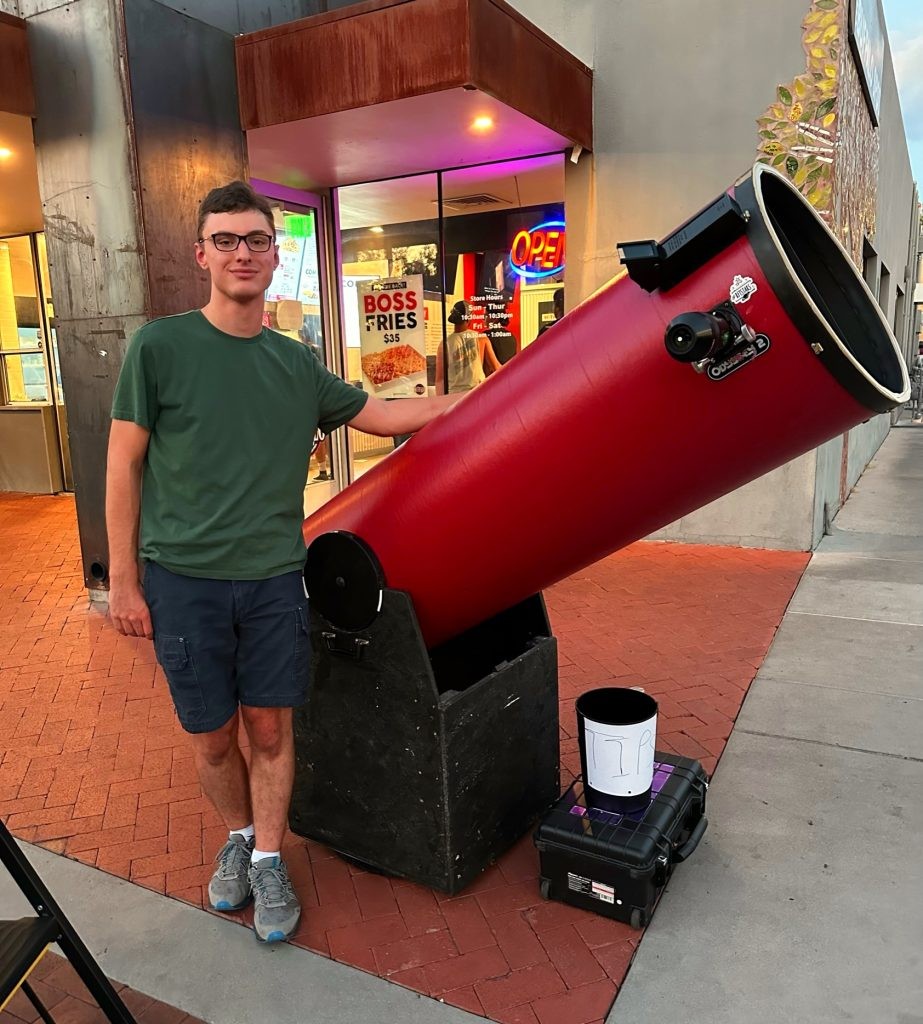
TelescopicWatch is dedicated to beginner astronomers who are curious about the sky and the equipment needed to explore it. We make use of the extreme expertise and experience of our renowned contributors to help you make informed decisions about exploring the infinite skies.
A lot of astronomers like to stay in a specific niche. There are many astrophotographers who could not tell you the first thing about the advantages or disadvantages of an 8” Dob. Likewise, a lot of older people with decades of experience observing are often not as technologically inclined, and this also leads to them not sharing many of their tips and tricks online. A lot of the best help and advice our team has ever received in the hobby has been from some random person in the dark at a star party. We would prefer that this information not be confined to such circumstances.
Typically, we will only review telescopes that we have personally used for at least one or two nights of observing or imaging in some form. Our Editor-in-Chielf, Zane Landers, also tests the optics of most telescopes he can get his hands on, either with Foucault/Ronchi, dual-pass autocollimation, or the star test. He is building an interferometer in the future to get us quantitative data on optical quality.
Why trust TelescopicWatch?
It pains us to see new and increasingly sleazy articles, content, and products—often with text copied directly from a generative AI prompt—promoting low-quality or overpriced equipment purely for clicks. Not only do these articles lack any semblance of expertise (and increasingly, common sense or grammar) but there is no good intention to direct you or anyone else to an actually good product in the first place. TelescopicWatch, as a site, was created to provide information about astronomy and telescopes to give our readers the best possible experience when shopping for a telescope and using one under the night sky.
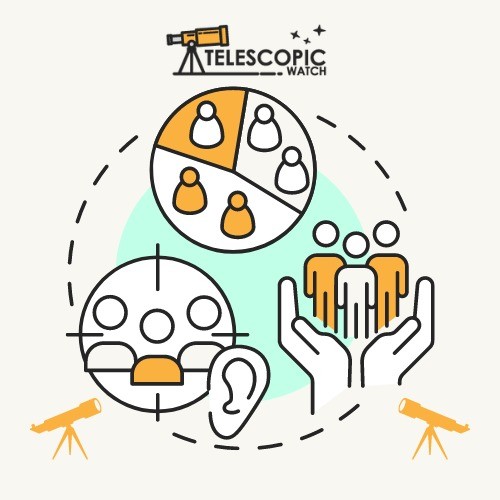
1. Independent & Unbiased
For the telescopes we review, we adhere to a strict rating system formulated by our expert team, and we always stick by our recommendations and ratings. The reviews are not influenced by the financial implications behind them. In total, we’ve been sent only 3 telescopes to review: the Dwarflab Dwarf II, a very small SVBONY refractor, and one of the Celestron StarSense Explorer DX telescopes. The rest is entirely based on our experts’ first-hand experiences purchasing and owning telescopes for themselves or helping someone they know with a unit. Read more here about how we make money.
2. Genuine Astronomy Experts
As of now, our astronomy experts combined have owned or tested over 500 telescopes, accumulating a combined 30+ years of first-hand stargazing experience. Mostly, they did those as a hobby rather than as a way to write reviews. Our Editor-in-Chief, Zane Landers, himself has owned hundreds of telescopes, built dozens, dabbled in deep-sky and planetary astrophotography, and done some work with spectroscopy and asteroid occultations.


3. Our Thirst To Help
A lot of review sites are either not written by someone with knowledge about the telescopes, are skewed towards making sales, or are simply bought off. We want to give these sites less space on search results pages so that real readers can get accurate and honest thoughts and advice that won’t kill their interest in the hobby.
4. We Review the Reviews
The good news about many telescopes being so mass-produced is that there’s a lot of user feedback already online. This is mainly something we consider with electronic or computerized telescopes, where issues with reliability or device compatibility might not be something our team runs into, even if they are common. However, beginner telescopes often have embellished reviews that genuinely may or may not be written by real people at all. And in many cases, people are happy to have seen something at all, such as craters on the moon, even if the telescope is not very good or frustrating to aim. This means that because our niche is one of technical hobbies, many times it is impossible to agree to reviews on Amazon or most retail websites as they are.


5. We’re Well Updated
Our team members are pretty frequent browsers of astronomy sites like Cloudy Nights and Reddit’s /r/telescopes, and they shop for gear themselves on the websites we recommend to readers. Our expert team is usually pretty well-informed on what is going on on the equipment side of things.
